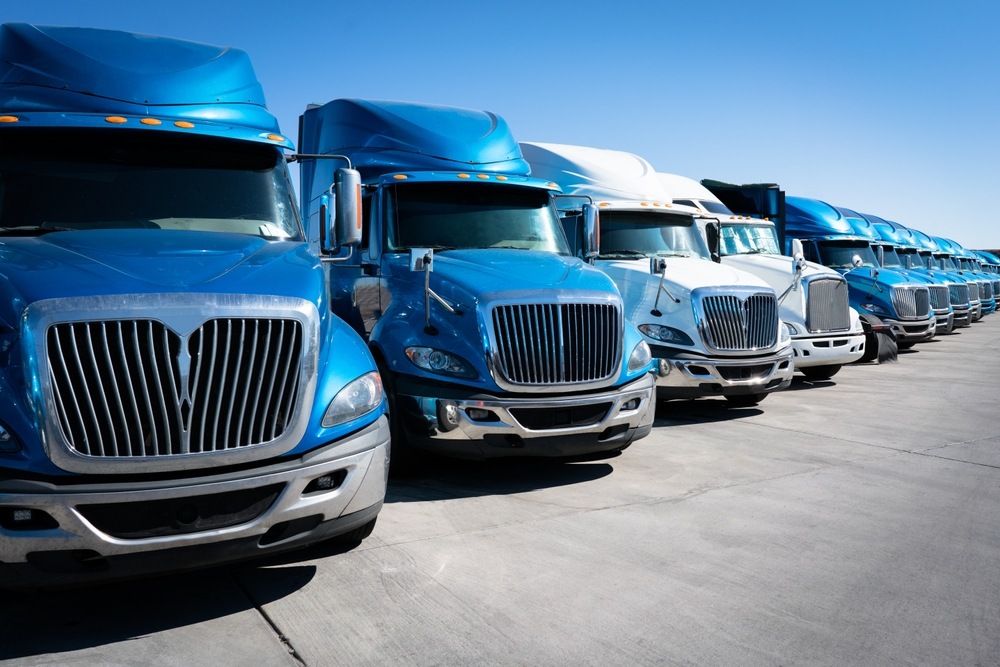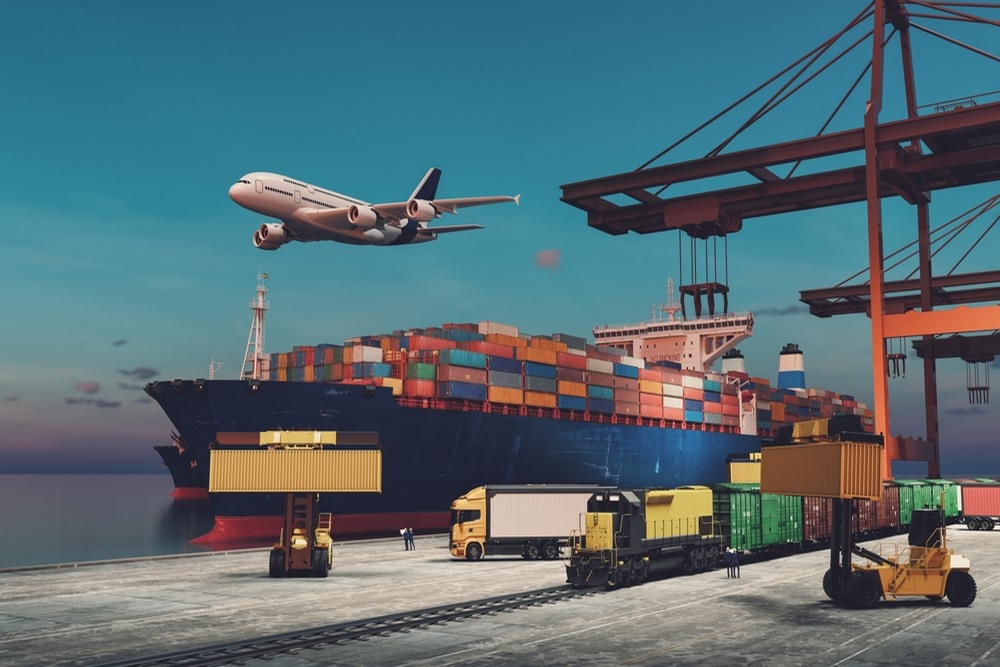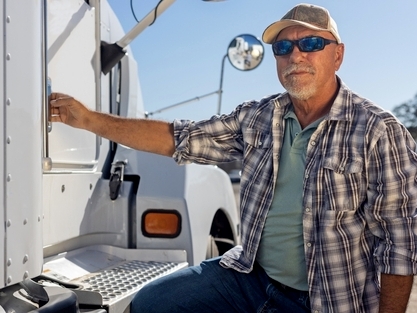
How Trailer Interchange Coverage Prevents Costly Liability Disputes Between Carriers
Understanding the Basics of Trailer Interchange Agreements
If your trucking operation ever involves swapping trailers with another carrier, you’re likely participating in a trailer interchange agreement. This arrangement is typical in logistics, especially when routes span long distances or involve different carriers to optimize delivery timelines. While trailer sharing increases efficiency, it also opens the door to liability issues. When trailers switch hands, so does the responsibility for any damages, theft, or accidents. Without proper coverage, you could be financially responsible for problems caused while the trailer is in your possession. That’s where trailer interchange coverage steps in, offering protection that bridges the gap between multiple carriers.
Why General Liability Insurance Isn’t Enough
You might assume your existing commercial auto or general liability policy already protects you in situations like this, but that’s not true. Those policies often exclude non-owned trailers, leaving a critical gap in coverage when you take temporary possession of someone else’s equipment. Without trailer interchange insurance, any damage that happens while the trailer is under your control—such as a collision, fire, or vandalism—could fall on your shoulders. Worse, disputes between carriers are common when it’s unclear who’s liable. Proper trailer interchange coverage helps eliminate the gray area, offering clarity and financial protection. You’re not just avoiding potential lawsuits—you’re maintaining relationships with business partners who expect you to carry your weight, literally and legally.
Protecting Your Operation from Unseen Risks
Think about how often trailers are left at docks, truck stops, or overnight yards—each moment represents a risk. Whether it’s harsh weather, theft, or accidental damage from another driver, these situations can result in thousands of dollars in repair or replacement costs. Trailer interchange coverage ensures you’re not stuck with the bill when a trailer in your car is damaged. This protection is especially valuable for carriers who frequently handle trailers they don’t own. The cost of this coverage is minimal compared to the financial damage a single incident could cause. It’s not just about compliance—preserving your cash flow and running your operation smoothly.
How Coverage Can Prevent Legal Disputes Between Carriers
Without trailer interchange insurance, disputes between carriers can escalate quickly. One company may argue that damage occurred after the trailer was transferred, while the other insists it happened earlier. These back-and-forth arguments can drag on, leading to strained business relationships or lawsuits. Trailer interchange coverage helps prevent this headache by clearly assigning responsibility during your possession period. With the proper policy, you’re not forced to debate over damages or risk paying for something you didn’t cause. Instead, your insurance handles the costs, allowing both parties to move forward without conflict. That kind of protection brings peace of mind to everyone involved in the interchange process.
A Smarter Way to Protect Your Business
Managing risks is just part of the job when running a transportation company. But smart protection isn’t just about covering your trucks—it’s about covering every part of your operation, including the trailers you don’t own. Trailer interchange coverage gives you the legal and financial backing to operate confidently during shared hauls. Surefire Insurance Agency can help you assess your situation and recommend a policy that fits your needs. With guidance from a knowledgeable team, you can secure the proper protection without overpaying for unnecessary extras. Ready to get the coverage your business deserves? Call Surefire Insurance Agency at (323) 996-3478 today and keep your focus on the road ahead.





